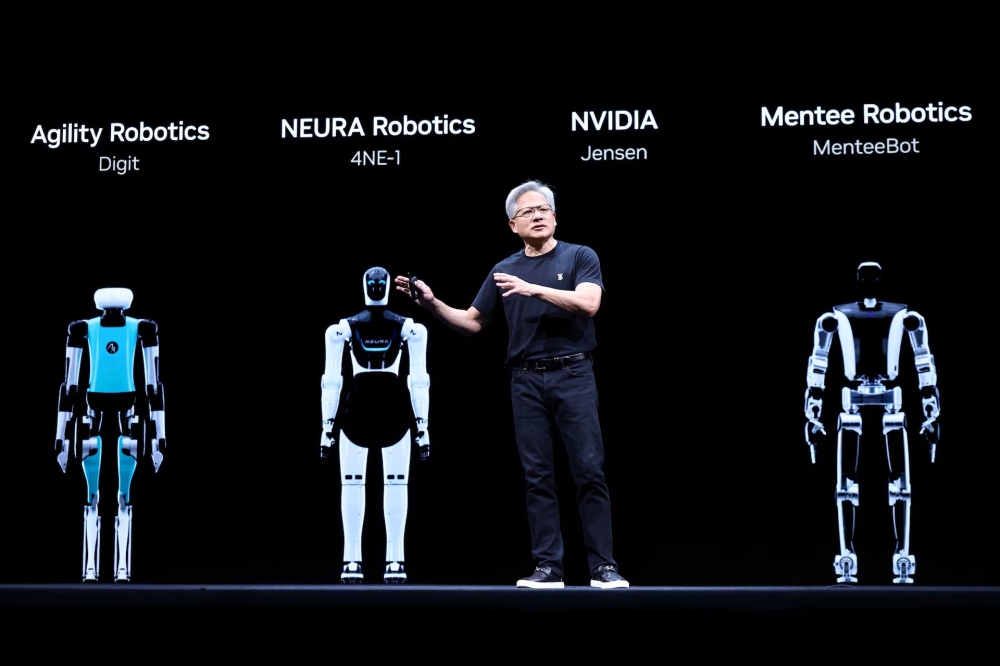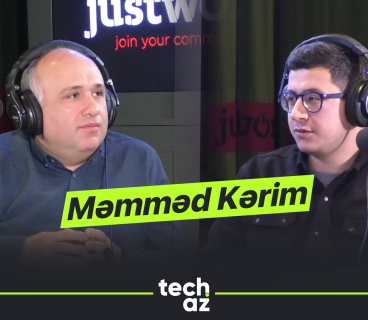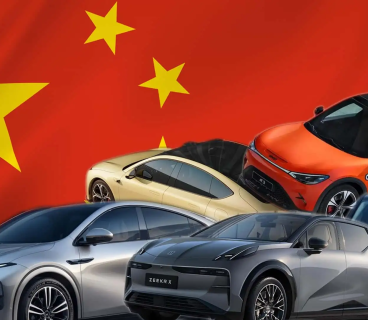Jensen Huang, CEO of Nvidia, announced during his speech at the VivaTech technology conference in Paris that the company will build its first cloud platform for industrial artificial intelligence (AI) applications in Germany. This innovative technology will integrate AI with robotics to support automotive manufacturers — including major brands such as BMW and Mercedes-Benz — in areas ranging from product design simulation to logistics management.
In his presentation, Huang stated that Nvidia plans to increase AI computing power in Europe tenfold over the next two years. According to him, “Europe has now awakened to the importance of AI factories and infrastructure.”
He also outlined several key initiatives across Europe:
- Expansion of technology centers in seven countries
- Establishment of 20 AI factories
- Opening Nvidia’s computing marketplace to European companies
- Advancement of multilingual AI models
- Collaboration with companies like Novo Nordisk in the field of drug discovery
Additionally, Nvidia has partnered with leading European AI startup Mistral to develop an AI computing platform powered by 18,000 of Nvidia’s latest chips, tailored for European businesses.
Huang emphasized:
“Sovereign AI is an imperative — no company, industry, or nation can outsource its intelligence.”
Construction in Germany and Political Implications
Huang is expected to visit Berlin on June 13 to meet with German Chancellor Friedrich Merz. While Nvidia has not yet disclosed the plant's exact location, budget, or timeline, the choice of Germany would mark a significant political win for Merz’s new coalition, especially after Intel and Wolfspeed suspended their local factory plans last year.
In March, the European Commission announced a $20 billion investment to build four AI factories. Nvidia’s initiatives align with this strategy, positioning Europe to better compete with the United States and China in the global AI race.
The Rise of Quantum Technology
Huang also stressed the growing importance of quantum computing, describing it as being at a “turning point.” He noted that quantum technologies will soon be able to solve complex problems that would otherwise take Nvidia’s most advanced AI systems years to compute.








